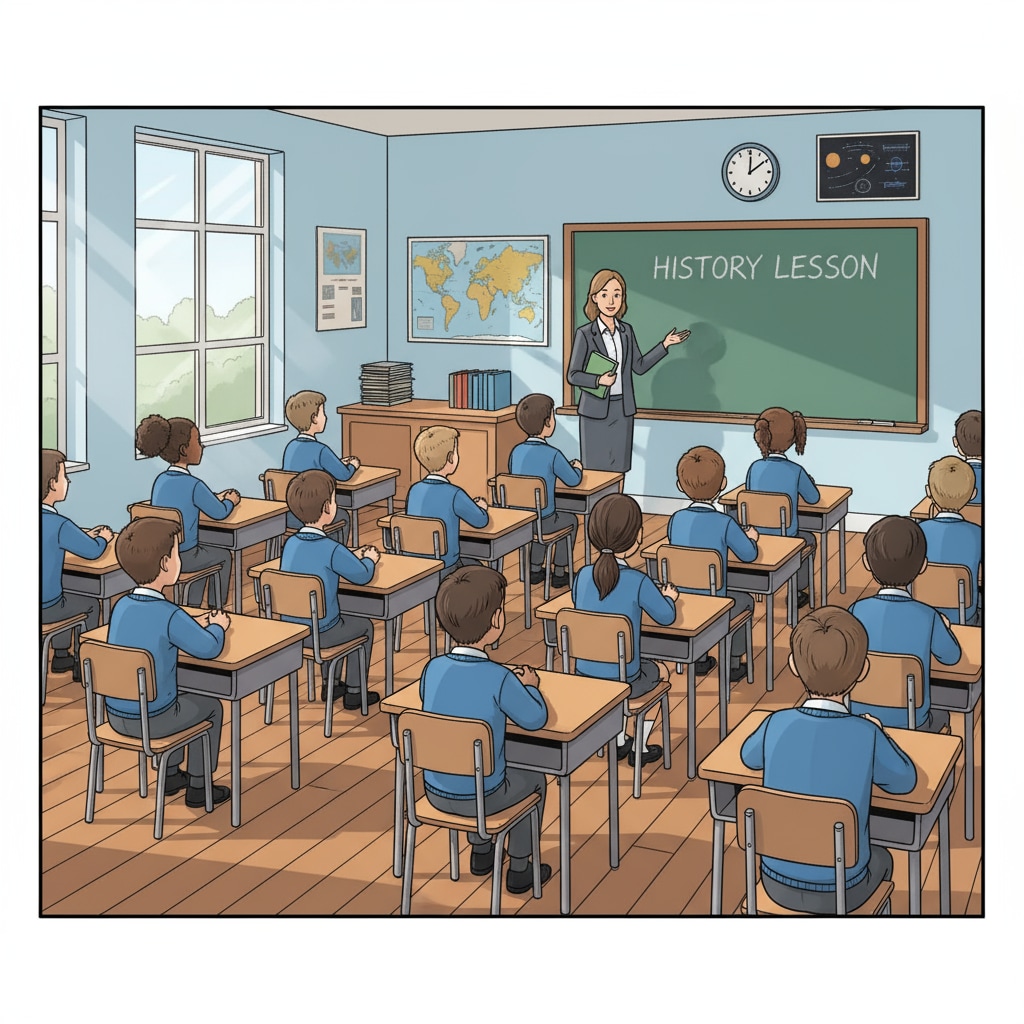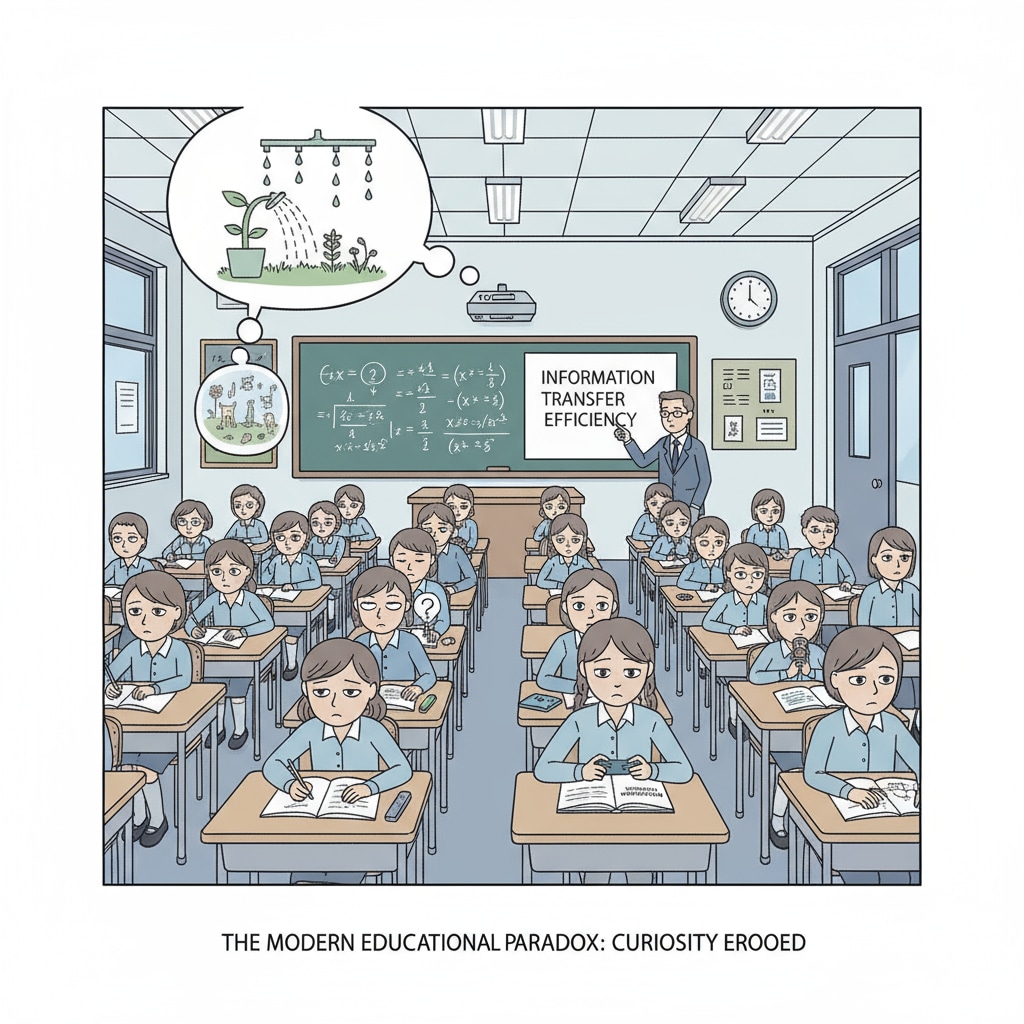The modern education system, with its emphasis on school system, obedience, curiosity, and real learning, unfortunately often finds itself in a state of disconnection. In today’s K12 education, what should be a journey of exploration and discovery has been largely replaced by a regime of obedience and standardized assessments. This has had a profound impact on students’ natural curiosity and their ability to engage in real learning.

The Tyranny of Obedience in School Systems
In many schools, the focus is on getting students to conform and obey. From the moment they enter the classroom, students are taught to sit still, raise their hands, and follow a set of rules. While some level of order is necessary, this overemphasis on obedience can squash students’ initiative. For example, in a traditional classroom setup, students are often discouraged from asking off-topic questions. This not only limits their curiosity but also restricts their ability to explore real learning opportunities that may lie outside the prescribed curriculum. According to National Education Association, such an environment can lead to students becoming passive learners, simply absorbing information rather than actively seeking it.
The Death of Curiosity
Curiosity is the spark that ignites real learning. However, the modern education system often extinguishes this spark. Standardized tests and a rigid curriculum leave little room for students to pursue their interests. As a result, students who once showed a natural curiosity about the world around them start to lose that enthusiasm. For instance, a child who was fascinated by insects may find that there is no time in the school schedule to study them in-depth. Instead, they are forced to focus on subjects that are tested. This lack of space for curiosity-driven learning is a major flaw in the current education system. Education Week has reported on numerous cases where students’ creativity and curiosity have been stifled.

The traditional belief that good grades equal a successful life further exacerbates this problem. Parents and educators often put so much pressure on students to achieve high grades that the essence of real learning is forgotten. Instead of learning for the sake of understanding and growing, students are learning to pass tests. This approach not only fails to prepare students for the real world but also robs them of the joy of learning.
To address this issue, we need to rebuild the education ecosystem. This new ecosystem should respect individual differences, as every student has unique interests and learning styles. By creating an environment that encourages students to follow their curiosity, we can rekindle the flame of real learning. Teachers should be trained to facilitate exploration and discovery rather than just imparting knowledge. In addition, the curriculum should be more flexible, allowing students to pursue their passions.
Readability guidance: The above content uses short paragraphs to make the points clear. Each H2 section has a focused discussion with examples. Passive voice is minimized, and transition words like ‘however’, ‘for example’, and ‘in addition’ are used to enhance the flow.


